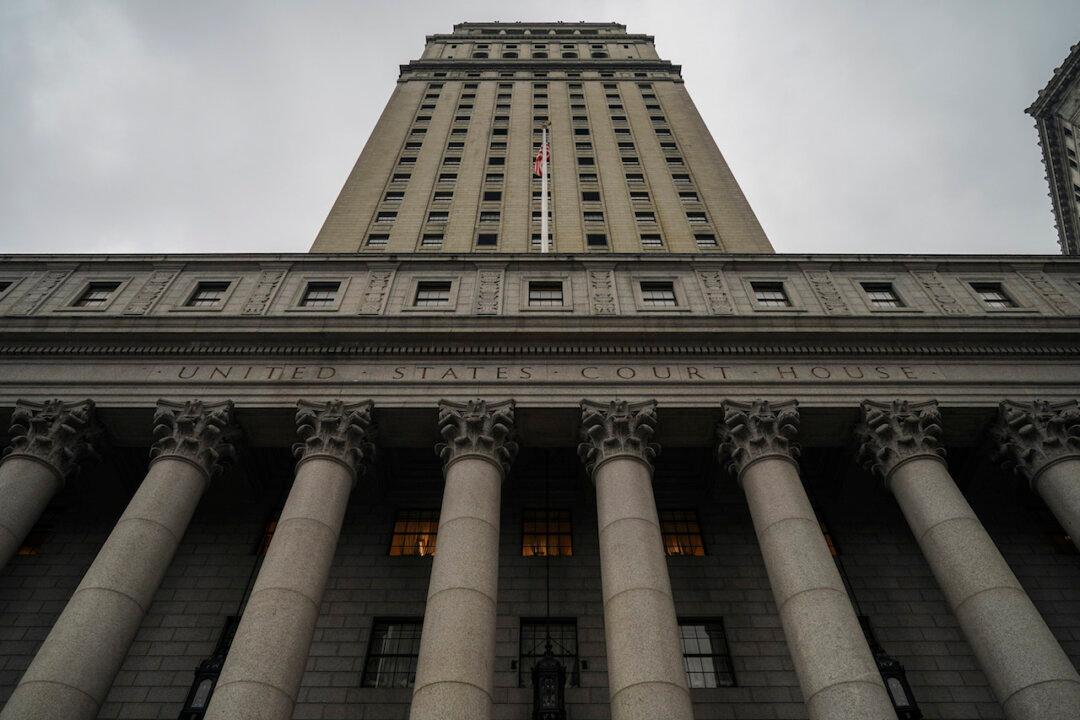A federal appeals court on Friday revived a lawsuit filed by four female athletes challenging a Connecticut policy that allows transgender students born male to compete against girls in high school athletic events.
The full 2nd Circuit Court of Appeals ruled that the case should return to the district court for review because the plaintiffs have standing in the litigation and have alleged injuries that may qualify for monetary relief.





